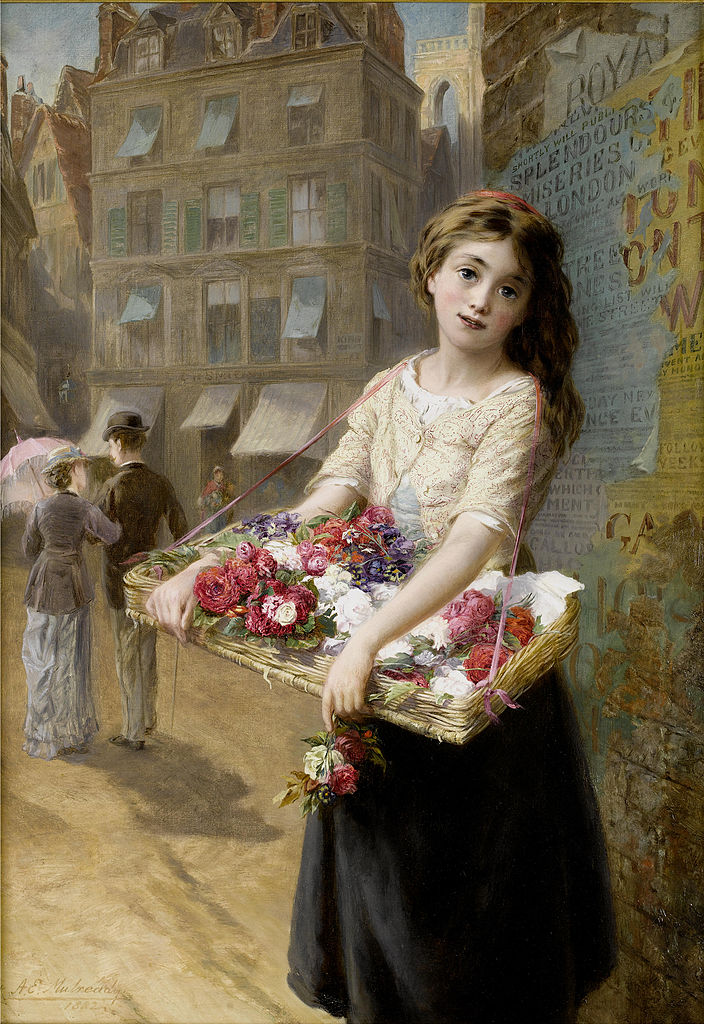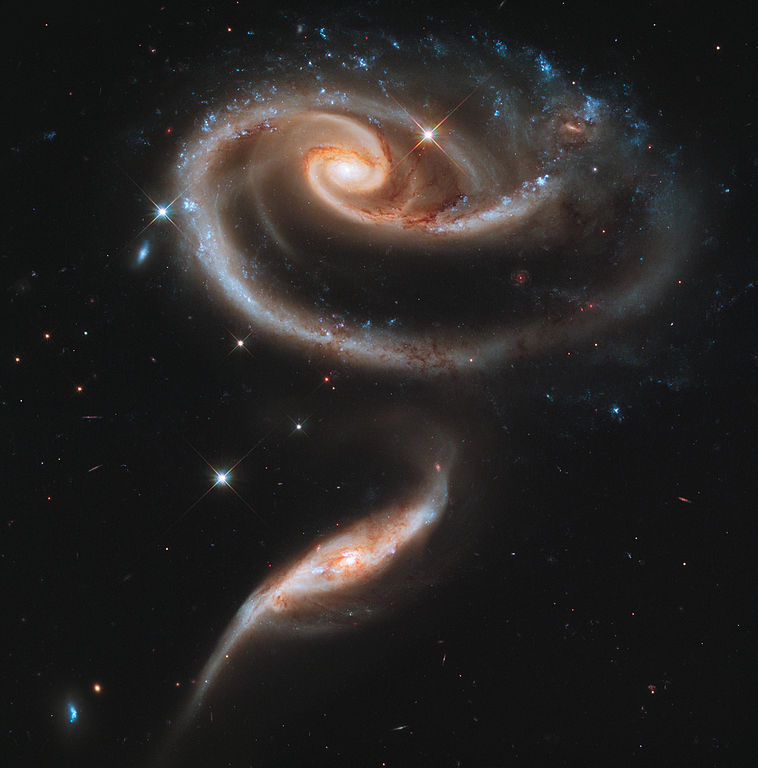
Fabian Strachan Woodley (b. 19 July 1888, d. 8 August 1957) was a British poet who published only one book of verses, A Crown of Friendship (1921). He was a late representative of the ‘Uranian’ school of male poets who exalted the love of boys. As writes a website devoted to Woodley, “Like the other ‘Uranian’ poets, he declared that Boyhood was the only ideal worth following.” Indeed, many of his poems deal with boys he loved. According to the above-mentioned site, Woodley said: “I was a Poet and Dreamer and Lover and Boy with them.”
I have selected from A Crown of Friendship the following poem, which does not speak of boys. But behind the ordinary story lies hidden some secret indication about the mind, beauty and love.
After Plotinus
by Fabian Strachan Woodley
AS I leant from my window, watching
![]() The crowded city street,
The crowded city street,
I saw a little flower-girl
![]() Pass by on hurrying feet.
Pass by on hurrying feet.
And from her basket, burdened
![]() With blossoms sweet and rare,
With blossoms sweet and rare,
There fell a perfect, new blown rose
![]() And lay, unheeded, there.
And lay, unheeded, there.
A woman stepped across it,
![]() And three men passed it by,
And three men passed it by,
But a fourth man stooped, and raised it,
![]() And bore it tenderly.
And bore it tenderly.
There was no Beauty in the rose,
![]() Four souls were blind and dull,
Four souls were blind and dull,
The fifth saw mirrored in the flower
![]() His own Mind Beautiful.
His own Mind Beautiful.
The rose has for a long time symbolised love, and still today roses are offered to loved ones as a token of one’s true feelings. The ancient Greeks and Romans identified the rose with the goddess of love, Aphrodite (Venus). In the Arabic and Persian culture of the Middle Ages, the beauty of the rose arouses love. The Sufi mystics used the imagery of lover and beloved to evoke the quest for divine love, and the Sufi poet and mystic Ibn Arabi used the rose to evoke both the beloved’s blushing cheek on the one hand, and the divine names and attributes on the other hand.
But the rose also symbolised secrecy. According to Greek mythology, Aphrodite gave a rose to her son Eros, the god of love; he, in turn, gave it to Harpocrates, the god of silence, to ensure that his mother’s indiscretions were kept hidden. In ancient Rome a wild rose would be placed on the door of a room where secret or confidential matters were discussed. In the European Middle Ages a rose suspended from the ceiling of a council chamber pledged all present to secrecy. This is the origin of the phrase sub rosa (Latin for ‘under the rose’) to mean ‘carried out in secrecy’. Now the above-mentioned site quotes Woodley saying:
The bird of the morning only knoweth the worth of the book of the rose; for not everyone who readeth the page understandeth the meaning.
This suggests that there could be a hidden meaning to some poems of the collection. I will thus attempt to present a possible secret meaning of this poem. The flower-girl has a basket full of “blossoms sweet and rare,” which could symbolise the noblest and most refined forms of love. From it falls “a perfect, new blown rose,” or a perfect love; it falls, or has the girl given it to us? But “there was no Beauty in the rose,” how is it, since the rose was “perfect”? The title of the poem is “After Plotinus,” it refers to the famous Roman philosopher of the 3rd century AD who revived Plato’s philosophy, with its emphasis on spiritual beauty. So the rose has no physical beauty, but it is perfect from the spiritual point of view. Indeed, “The fifth saw mirrored in the flower / His own Mind Beautiful.” Thus this rose falling from the basket (or given by the girl) symbolises the perfection of spiritual love. The woman and the first three men pass by and don’t notice it, because “souls blind and dull,” they represent the vulgar type that sees only physical charms but ignores spiritual beauty. Only the last man can see behind the appearances the secret beauty of the mind and of spiritual love, so he will hold it tenderly.
But what is true love, what is beauty? Is it the conventional one hailed daily by common prejudice? Or is it a secret seen only by one person in five? Can the ‘Uranian’ Woodley tell us?
True spiritual love lifts our soul and leads it to the stars.

Thanks to ‘A.’ for drawing my attention to Woodley and the above website.
Source of the poem A Crown of Friendship and Other Poems, Taunton, Woodley, Williams & Dunsford, Ltd (1921), reprinted in 2019 by Facsimile Publisher, Delhi, India. See also the transcription (with some variations) on the Fabian Strachan Woodley site.
Previously published on Agapeta, 2015/09/20.

